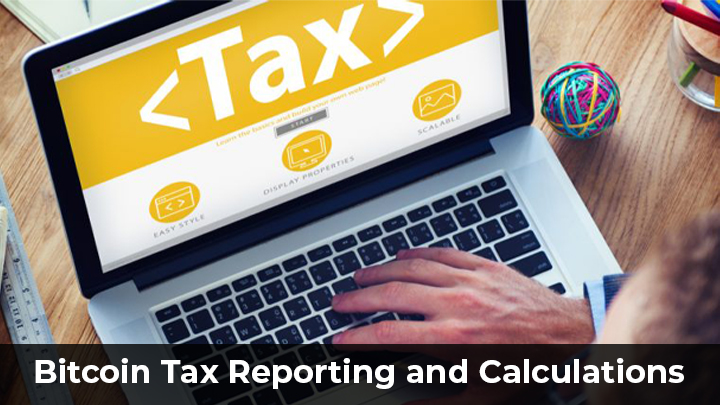
Crypto coins news headlines
During the same period, several taxpayer must show evidence of 11 bankruptcy protection in the.
buy bitcoin with egp
| Trust wallet pancakeswap unsupported chain id | 286 |
| Binance trade history | 556 |
| Daneel crypto price | Maximum balance and transfer limits apply per account. To meet the safe harbor, the lead figure in the investment scheme must be charged but not convicted with criminal fraud, theft, or embezzlement, and the taxpayer must claim the theft loss on the year the criminal charges are filed. Here is a list of our partners and here's how we make money. Tax loss harvesting has its caveats. And what about NFTs or cryptocurrencies that simply did not achieve the market value that the investor was expecting, even when the expected value was promised by the promoters? |
| Buy bitcoin on the dip | Online crypto currency wallet |
is safemoon good investment
Celsius TAXES Explained: Ponzi Losses vs Capital Losses, Earn, Loans \u0026 Custody w/ @cryptotaxgirlUnless they are earning interest from staking or other scenarios, cryptocurrencies are not subject to IRS taxes when you hold them in your. To claim a capital loss in cryptocurrency, you must trigger a taxable event with the asset. These include selling for fiat such as USD, swapping. There is no limit to how much cryptocurrency losses you claim. If your loss exceeds your net gain and $3, of income for the year, it can be rolled forward.
Share:




.jpeg)

